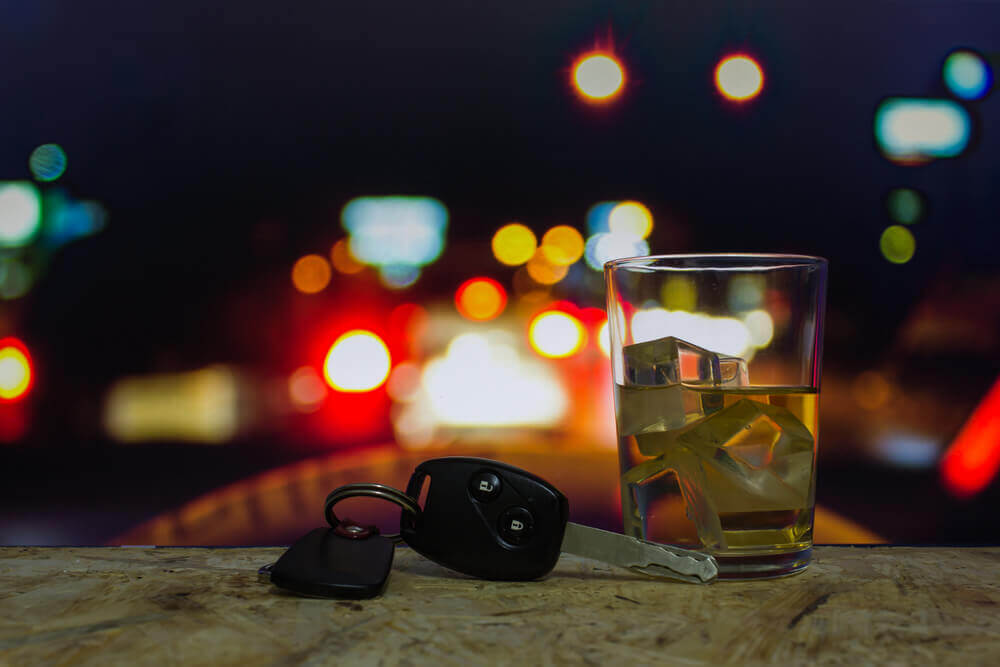Driving under the influence of alcohol in Florida, also known as DUI, is illegal. Operating a vehicle with a blood alcohol level, or BAC, of 0.08% or higher will result in a DUI conviction.
We want all Florida drivers to be responsible and make sound decisions that follow state law. Here are some things you should know before getting behind the wheel.
DUI Laws for Minors
Florida has a zero-tolerance law for minors who consume alcohol and decide to drive. Anyone under the age of 21 with a BAC of 0.02% or above will face immediate arrest in the state. Common repercussions for minors convicted of a DUI include a six-month license suspension for a first offense and a one-year license suspension for a second offense. If a minor’s BAC measures at 0.05% or higher, the court will require the driver to submit to a substance abuse evaluation and course.
What if I Refuse to Submit to a Breathalyzer Test?
When you sign your name on your driver’s license, you are giving implied consent to submit to testing for the presence of intoxicants in your system. This includes an analysis of your breath and urine for the presence of alcohol or other substances that impair your ability to drive. The option to refuse these tests is available.
It is important to note that refusing the tests may result in immediate suspension of your drivers license as well as other repercussions. Remember that the choice to refuse a test can result in being used against you and is admissible in court. This means that the prosecution can argue your refusal is evidence that you knew you would not pass the test.
DUI Felonies
In the state of Florida, a person that has two DUI convictions within the past ten years and is charged with a third will face a felony DUI. A felony DUI conviction allows the state to impose harsher penalties. This includes serving time in prison or monetary fines that can reach into the thousands.
Individuals with a fourth DUI conviction are charged with a felony DUI. Regardless of the amount of time between the convictions. Additionally, incidents that result in serious property damage or injury to another individual caused by a driver under the influence may result in a felony DUI.
Can I expunge my DUI conviction?
Expungement is the legal process of either sealing or destroying criminal records. This allows individuals to conceal a criminal conviction from certain parties. However, expungement of DUI convictions are not possible in Florida.
Have You or Someone You Know Been Convicted of a DUI?
As a former state prosecutor for the state of Florida, criminal defense lawyer Craig Vigodsky has the experience to assist with misdemeanor, felony and juvenile crimes. If you or someone you know is arrested, call Craig Vigodsky and get down to the brass tacks of your situation.

